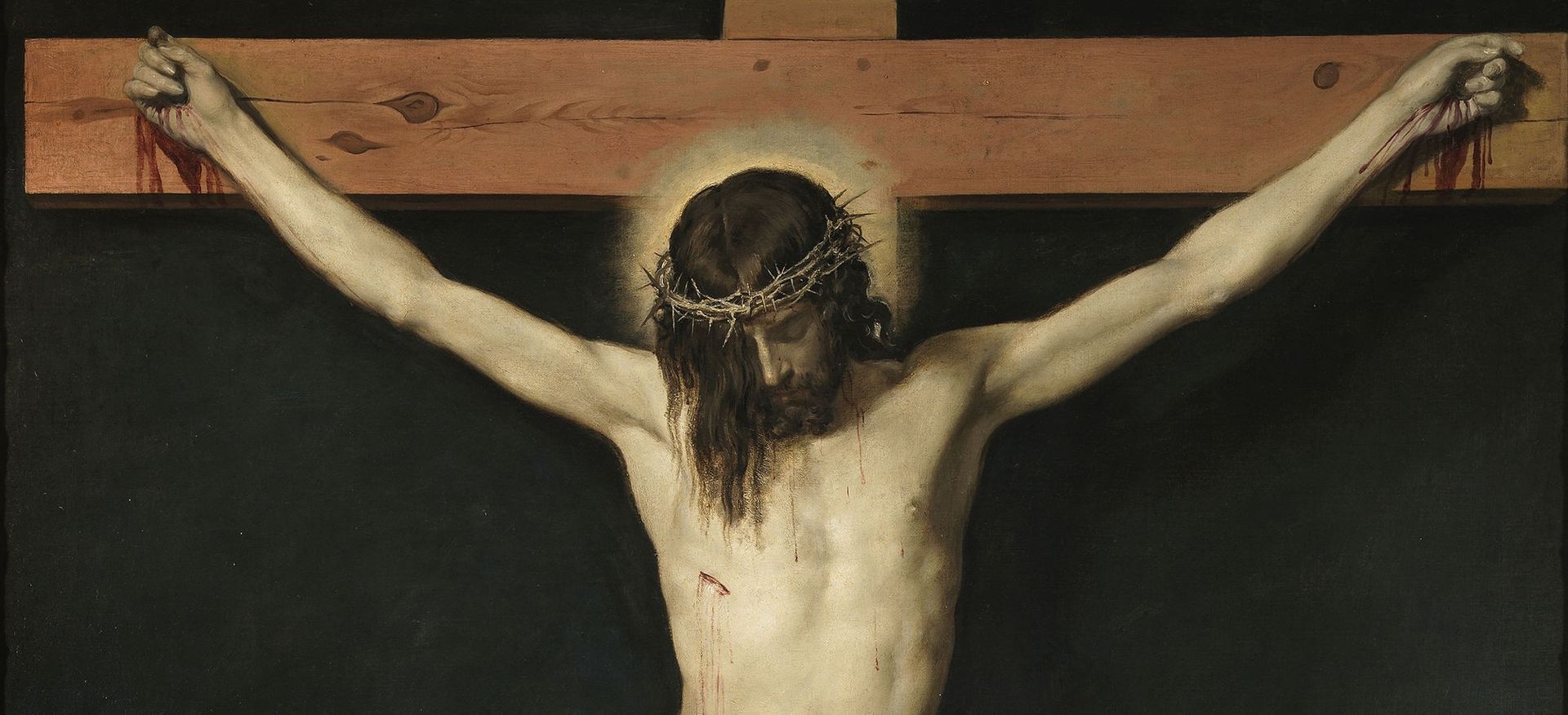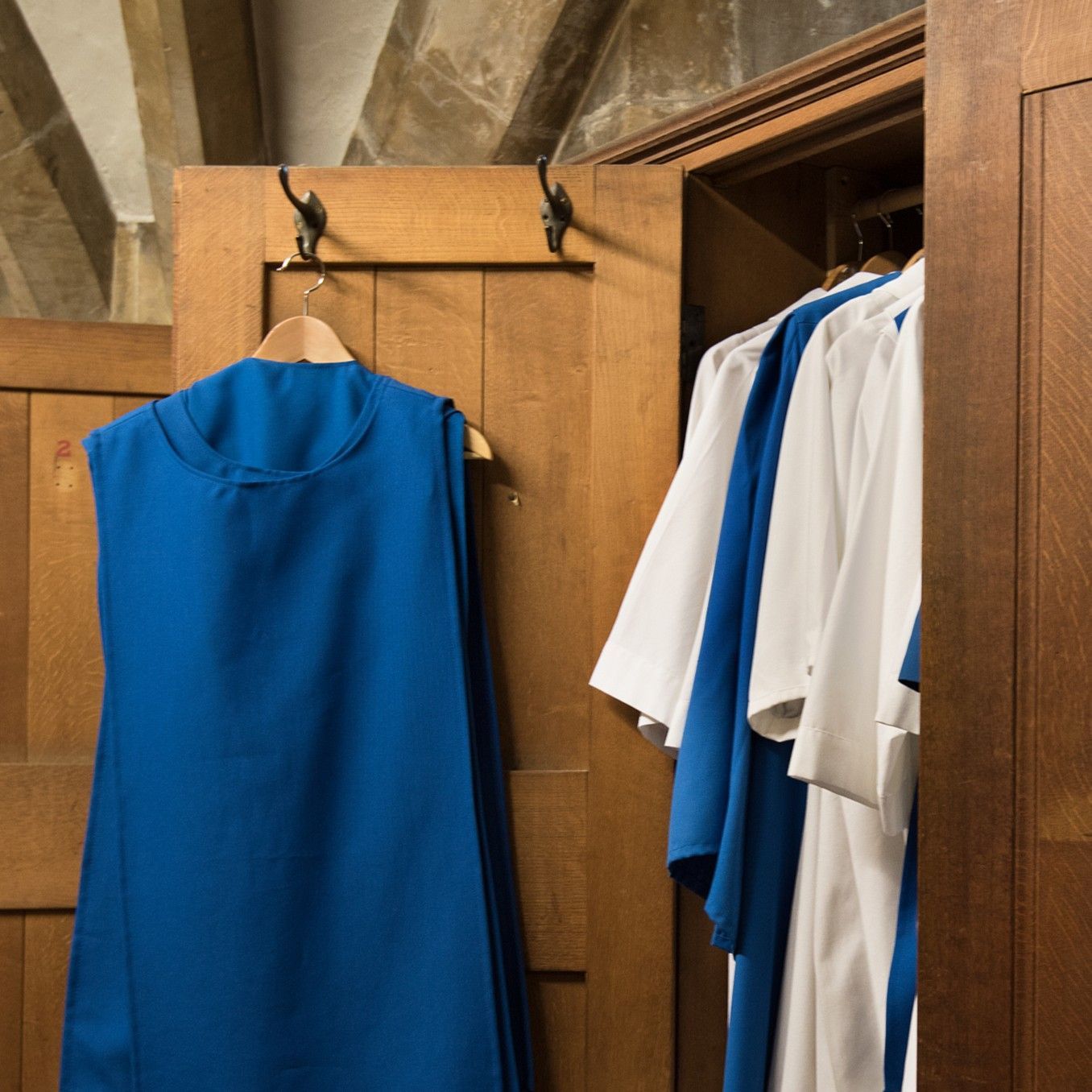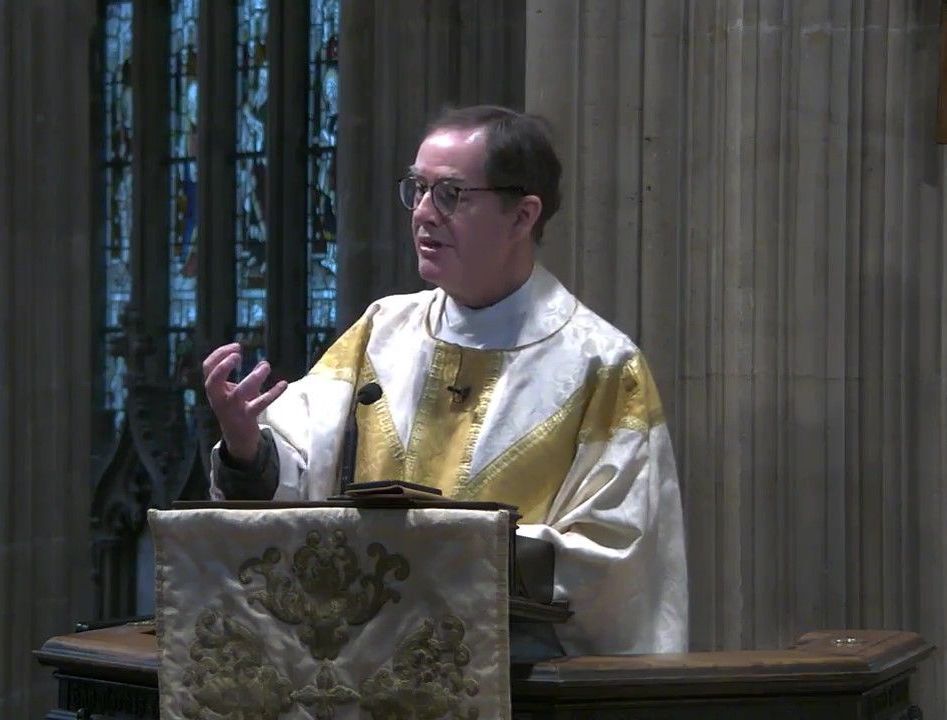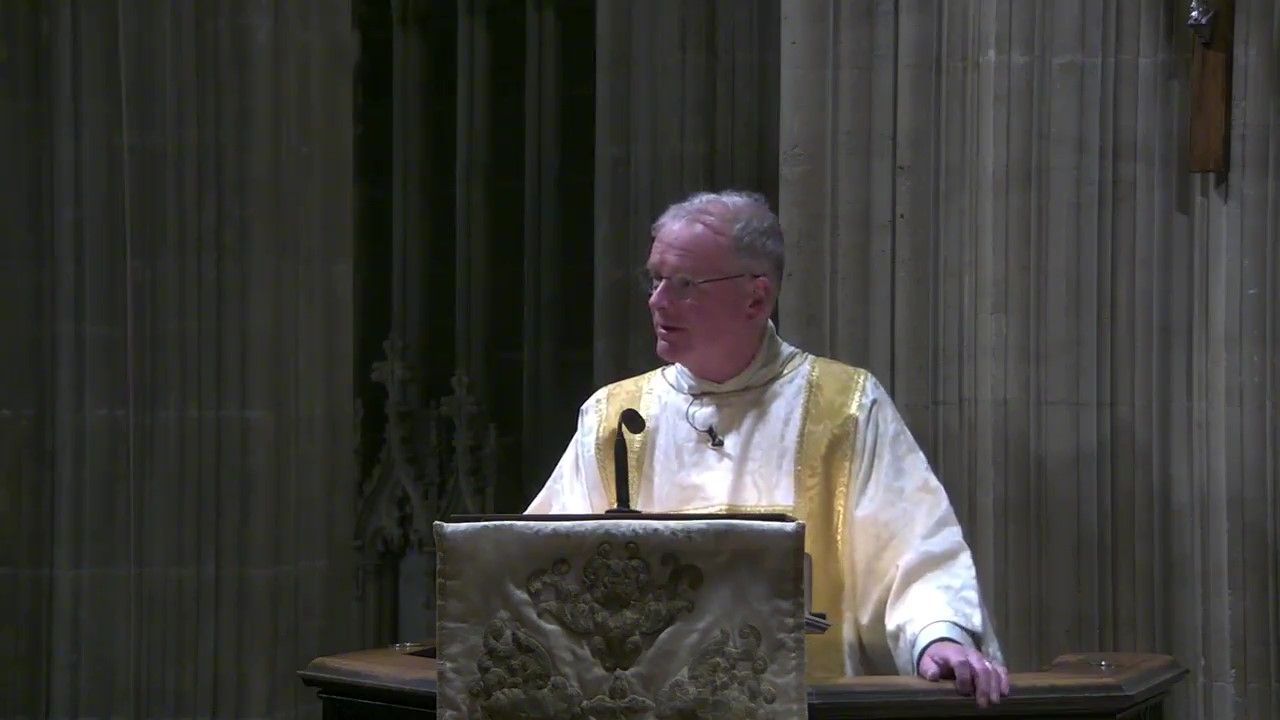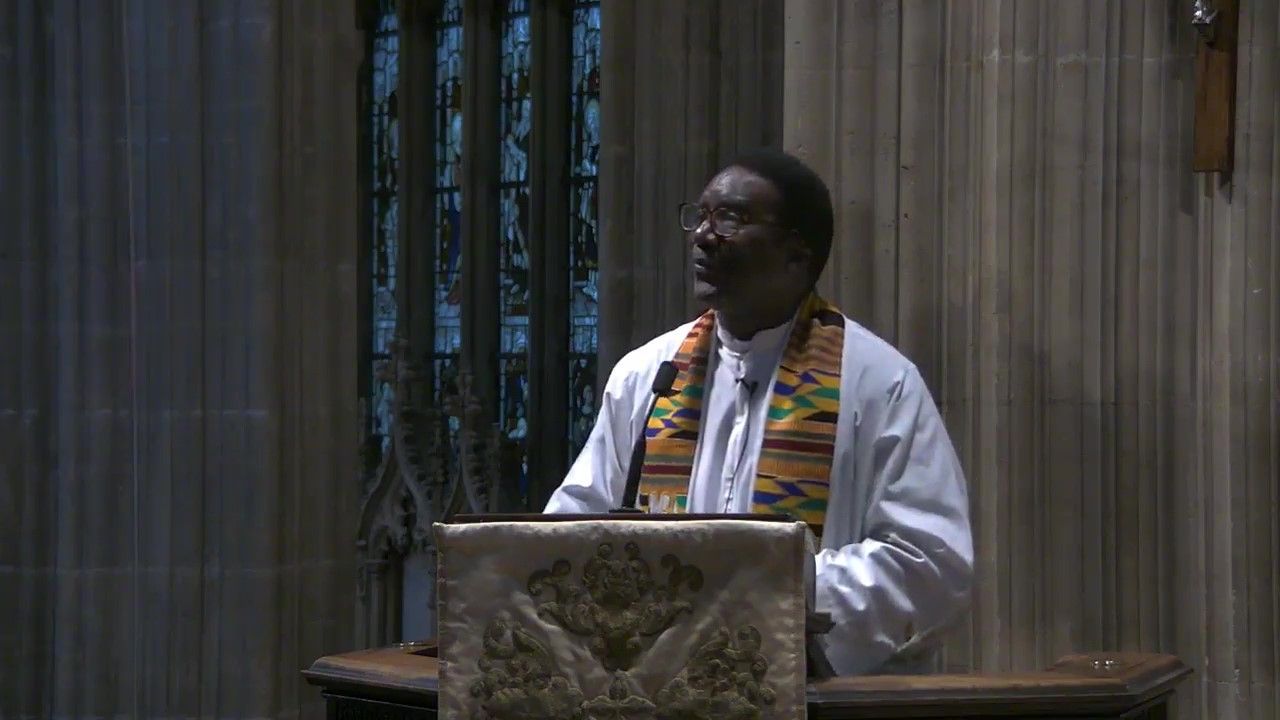We three kings
John Henry Hopkins was a prolific hymn writer. He was born in 1820 and wrote over 50 hymns in his 70 years. However, you won’t have heard of most of them! On one website which lists his hymns, you can sort them by ‘instances’: the second highest is “Why sleep ye, my brethren” with a score of 28. At the top of the list, with a score of 266 – almost ten times more than then next most well-known – is Epiphany’s most famous carol: We three kings of Orient are.
Apart from the fact that the carol falls into the popular misconception that, because there were three gifts, there must have been three kings or wise men or magi; and the fact that there is nothing in the bible to suggest that those kings spent any time by a fountain; apart from those two minor details, the words of the carol is faithful to the story and offers some sound theology.
And that’s not the case for all our favourite Christmas carols!
For instance, it’s been long acknowledged that “Hark the herald angels sing” contains a line of pure heresy:
veil’d in flesh the godhead see
This is not what we believe. The godhead was not veiled in flesh, but enfleshed, fully human. Try telling that to a carol service congregation and see what happens!
However, back to We Three Kings …
It tells the story:
- they come from the east; so the star is westward leading
It is good on the theology of the three gifts:
- gold is for a king; and Christ is a king forever, ceasing never
- incense is for a god; a deity is indeed nigh who calls for our prayers and praises
- myrrh has a bitter perfume and does point towards that gathering gloom of death
And it reviews accurately that the three gifts point to the three fold truth of God in Christ: King and God and sacrifice
However, the carol colludes with a comfortable account of the visit of the Magi and a cosy version of the Christian faith.
I don’t blame Hopkins. It would be interesting to know where this separation of the comfortable and the confronting elements of the Christmas story and of the Christian faith first occurred:
- how did we end up with Nativity Plays which cherry pick bits of gospel accounts of Luke and Matthew and mash them into one narrative
- when did someone decide that (on the Feast of the Epiphany) it’s ok to read only half of the story about the Magi
- and did you know that we remember the second half of the story on 28 December
So, in an attempt to tell the whole story, not just the cosy bit, The Epiphany Procession (a service on Sunday 21 January at 5.30pm at which incense will be used) won’t stop with the magi at the manger. We’ll carry on; we’ll tell the rest of the story; we will acknowledge the pain and anguish of what we now call Holy Innocents.
And because we are so often focussed on the rising note at the beginning of the refrain (Oh ... Oh) that we miss the words we're singing, and with apologies to Hopkins, I have taken the liberty to add a few verses.
Have a read. Have a think.
We three kings of Orient are;
bearing gifts we traverse afar,
field and fountain, moor and mountain,
following yonder star.
O star of wonder, star of light,
star with royal beauty bright,
westward leading, still proceeding,
guide us to thy perfect light.
Born a King on Bethlehem's plain,
gold I bring to crown him again,
King forever, ceasing never,
over us all to reign.
O star of wonder, star of light,
star with royal beauty bright,
westward leading, still proceeding,
guide us to thy perfect light.
Frankincense to offer have I;
incense owns a Deity nigh;
prayer and praising, voices raising,
worshiping God on high.
O star of wonder, star of light,
star with royal beauty bright,
westward leading, still proceeding,
guide us to thy perfect light.
Myrrh is mine; its bitter perfume
breathes a life of gathering gloom;
sorrowing, sighing, bleeding, dying,
sealed in the stone-cold tomb.
O star of wonder, star of light,
star with royal beauty bright,
westward leading, still proceeding,
guide us to thy perfect light.
We three kings, our gifts now bestowed,
heard in dreams of things that forebode
death, deception, Christ’s rejection,
left by another road.
O star of wonder, star of light,
star with royal beauty bright,
westward leading, still proceeding,
guide us to thy perfect light.
Angels sent the fam’ly away.
Herod’s fury stank with foul play.
He demanded, he commanded:
Kill ev’ry child today.
O star of wonder, star of light,
star with royal beauty bright,
westward leading, still proceeding,
guide us to thy perfect light.
Prophecy speaks words which abhor:
Rachel weeps in Ramah uproar;
consternation, lamentation;
children, they are no more.
O star of wonder, star of light,
star with royal beauty bright,
westward leading, still proceeding,
guide us to thy perfect light.
Glorious now behold him arise;
King and God and sacrifice:
Alleluia, Alleluia,
sounds through the earth and skies.
O star of wonder, star of light,
star with royal beauty bright,
westward leading, still proceeding,
guide us to thy perfect light.
Dan Tyndall (and John Henry Hopkins)
Epiphany 2024

